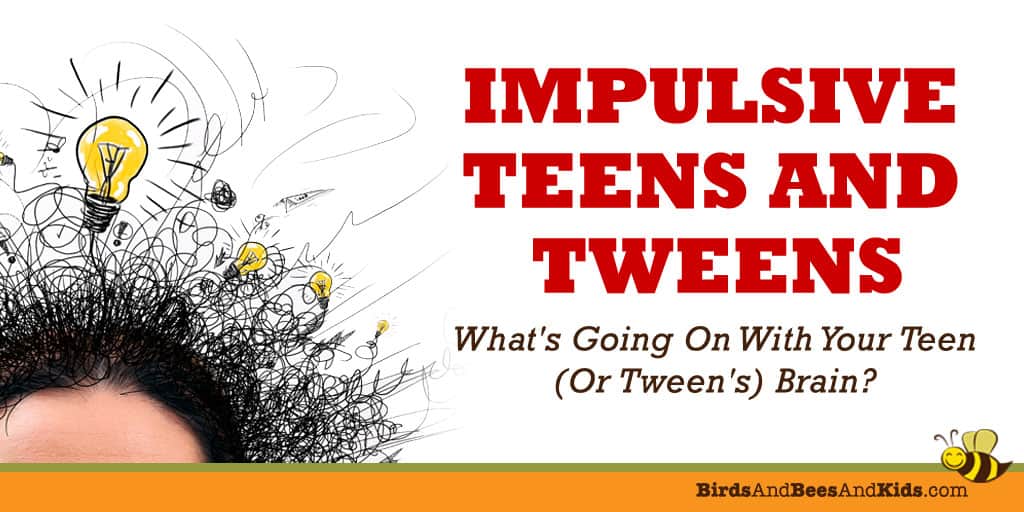
As a caregiver to a teen, it may make your life a little easier if you know what’s going on with your teen’s brain. You may have noticed you and your teen driving each other crazy! Your teen may be more emotional, and they sometimes do things without thinking them through. You can help your teen (and yourself) through these times by understanding what’s going on and getting some tips for regaining emotional control.
At around 11 years, the brain begins a process of refining the prefrontal cortex.
This area is responsible for impulse and emotional control, decision making, goal setting, and organization of many tasks. The amygdala – the emotional center – is the part of the brain that’s running the show. Add on a big dose of hormones and…ack! Eventually hormones will even out and they will settle down into their young adult self. Talking with your teen about why they feel impulsive, along with strategies to regain emotional control, can help prevent them from saying or doing something they regret.
This video does an excellent job of explaining what’s going on. Watch it together! It’s a world changer. It’s called “Brain in the Palm of Your Hand” and will help you both learn to manage your emotions and reactions.
Your teen can say “maybe” when someone asks them to do something.
Other strategies are; count to 50, do a quick pro and con list, get up and walk away, or say they need to pee to buy some time. Suggest they set up a code with a friend that means “I’m not into this.” Help your teen practice their impulse resistance skills.
Remind your teen: if they say “maybe,” they must say “yes” or “no” eventually. It’s not fair to leave someone hanging. Saying “maybe” can help your teen stay true to their values, which can be very empowering.
When it comes to sexual activity “maybe” is not consent.
If they say “maybe” it will be confusing to their partner and could result in an unhappy situation. Tell them if they’re not sure, or are even a little bit uncomfortable, to say “no” and stop what they’re doing immediately. The new model of consent is that “yes” means YES! Make sure your teen knows and understands this: if they can’t say a wholehearted “yes” they need to say “no.”
Teen years can sometimes mean parents and kids challenge one another.
Help your teen see things from your point of view. Talk about how you’re feeling as they grow up, how wild the world is and that you may be afraid to let them go. If you are having a fight with your teen, go somewhere else to calm down, then return and resolve the discussion. This is a great way to model good relationships. Teaching your teen about relationships can help them make empowered decisions alined with their values.
*This is a “for parents” version of a chapter from my book for teens — Dating Smarts: What Every Teen Needs To Know to Date, Relate or Wait!
One of the best things you can do for yourself doing these years is to remember that “this too shall pass.” It really will.



